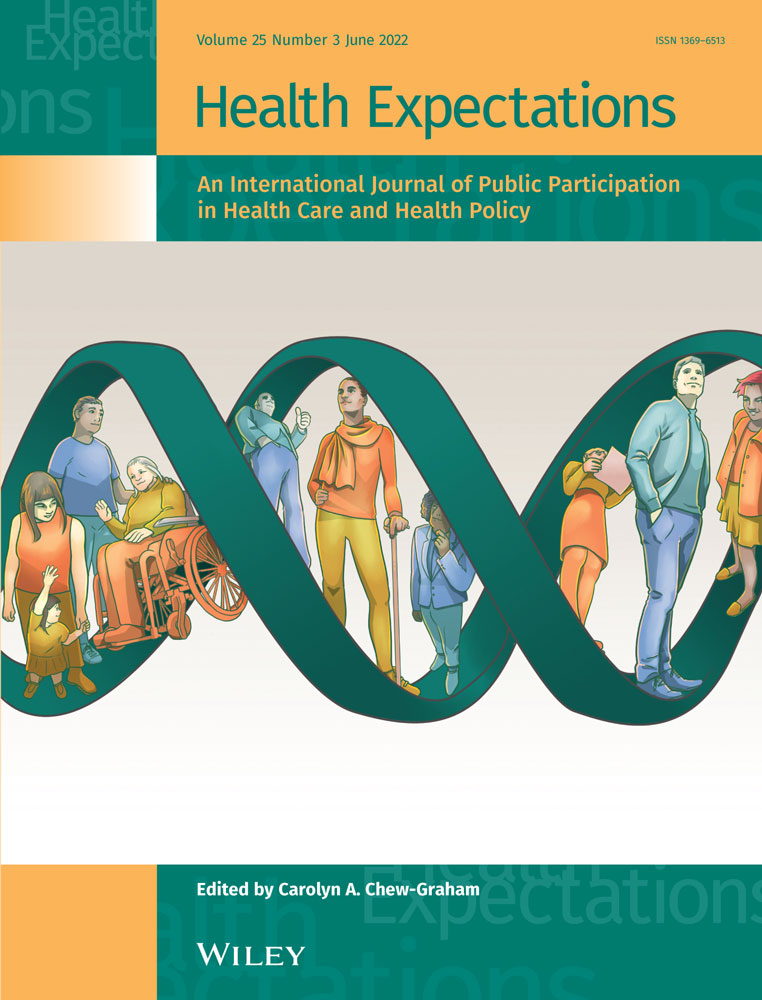‘Down to the person, the individual patient themselves’: A qualitative study of treatment decision-making for shoulder pain
Abstract
Introduction
Many inconsistencies have been identified in the translation of evidence-based treatment recommendations for musculoskeletal shoulder pain into healthcare services, with little known about factors influencing decision-making. The objective of this study was to explore the views and experiences of healthcare providers (HCPs) and people living with shoulder pain on treatment decision-making.
Methods
Adopting a qualitative design, purposeful sampling was employed to recruit 13 individuals with nonspecific musculoskeletal shoulder pain and 30 HCPs. Data were collected through 1:1 semi-structured interviews and analysed using an approach informed by Constructivist Grounded Theory. To facilitate analysis, two patient and public involvement (PPI) meetings were conducted.
Results
Most participants (69%) had shoulder pain of ≥1-year duration. Biomechanical beliefs about shoulder pain predominated and were heavily influential in decision-making for both patients and HCPs. Despite a consensus that therapeutic alliance facilitated decision-making, the extent of collaboration between HCPs and patients in treatment decision-making was rather limited. In addition to condition-specific factors, Individual patient characteristics and resources also influenced treatment decisions.
Conclusion
Findings revealed the complexity of the decision-making process for both patients and HCPs, exposing substantial gaps between the reported views and experiences of participants and the principles of client-centred and evidence-based practice. There is a pressing need to enhance the translation of evidence-based knowledge into practice in this clinical area.
Patient or Public Contribution
In line with a consultative approach to collaborative data analysis, a subgroup of participants attended two PPI meetings to provide commentary and feedback on preliminary findings.
CONFLICTS OF INTEREST
The authors report no conflict of interest. The Irish Research Council, which provided funding for this study, had no involvement in the study design; in the collection, analysis and interpretation of data; in the writing of the manuscript; or in the decision to submit this article for publication.
Open Research
DATA AVAILABILITY STATEMENT
The data that support the findings of this study are available on request from the corresponding author. The data are not publicly available due to privacy or ethical restrictions.




